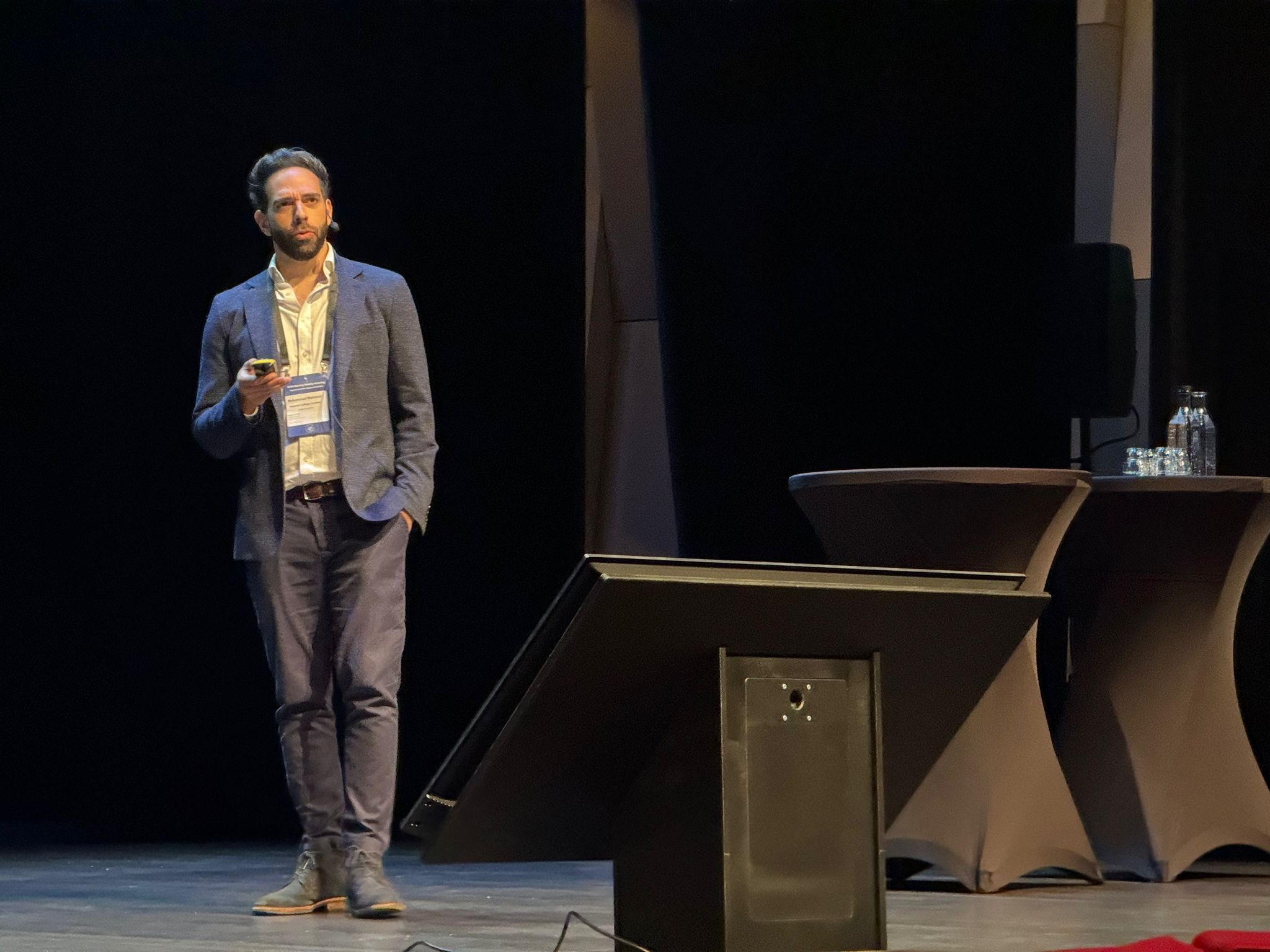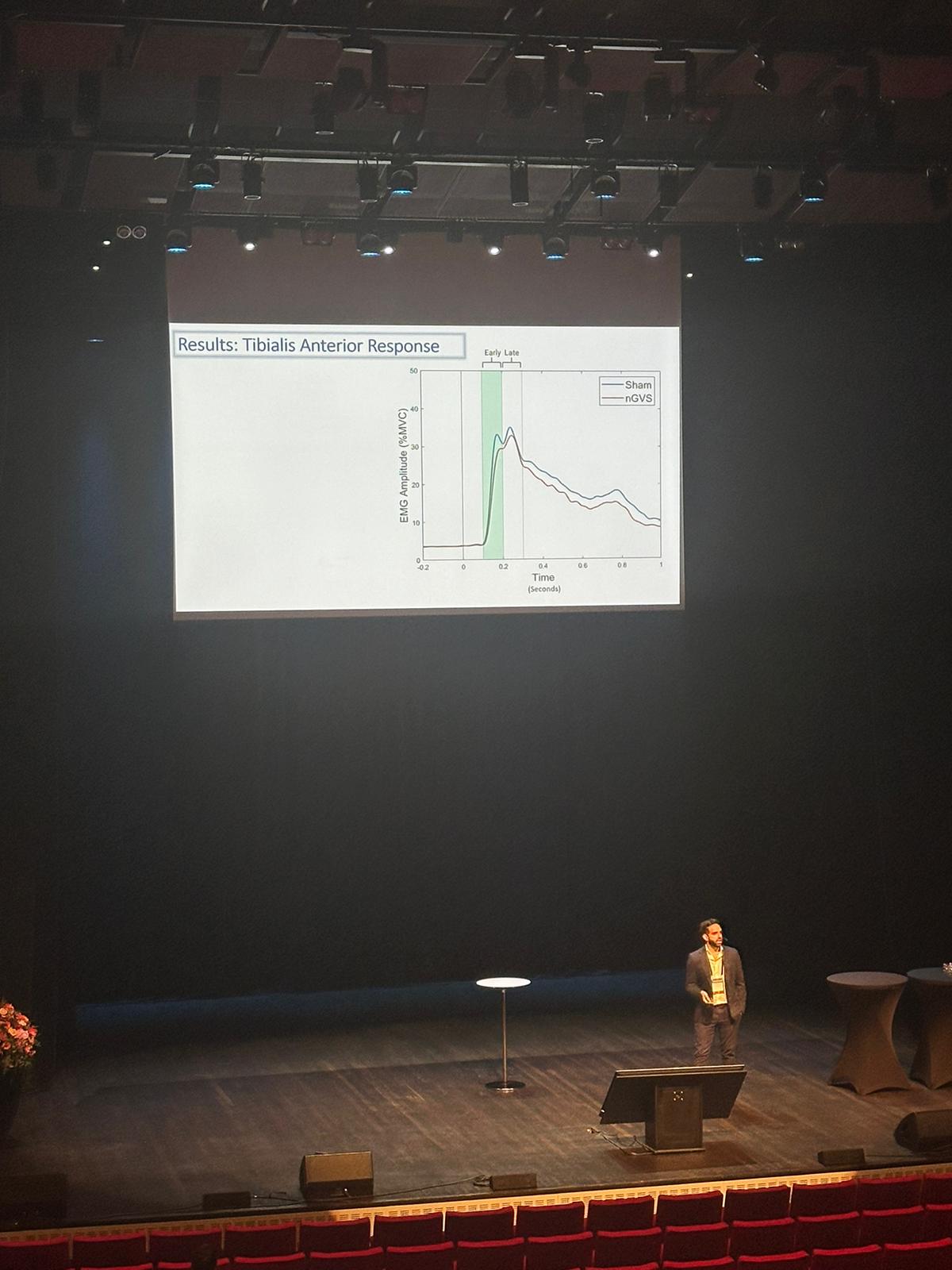About Us
This website is owned and operated by the South of England Neurosciences Association (“SENA“, “we“, “our” or “us”).
Terms of Use
The material contained within the website includes copyrighted animations, photographs, images, videos, text, music, and sounds (collectively, the "Content"). The "Site" refers to the website, its content, design, organisation, layout and functions.
Governing Law
SENA is a Charitable Incorporated Organisation (CIO) registered in England & Wales [Charity No.1198001]. The terms and conditions and the use of the Site shall be governed and construed in accordance with the laws of England and Wales and the parties hereto submit to the exclusive jurisdiction of the English courts in all disputes arising out of or relating to the Site and/or any transactions made on the Site, or these Terms of Use. However, some of the information in the pages contained in this website may not be accessed from certain jurisdictions and no representation or warranty is made as to whether the information available in this website complies with the regulatory regime of countries other than the United Kingdom.
Use of this Site
Your access to and use of this Site and/or the media on which it is stored is subject to the following terms and conditions and all applicable laws. By accessing and browsing this Site, you accept, without limitation or qualification, these Terms of Use and acknowledge that any prior agreements, written or oral, between you and SENA are superseded and of no force or effect. If these Terms of Use are not accepted in full, the use of this Site must be terminated immediately.
Furthermore, your use of this Site warrants to Us that you will not use the Site, the Content or any part thereof for any purpose that is in contravention of any applicable law or regulation or in a manner that will infringe the copyright, trademarks, service marks or other intellectual property rights of third parties or violate the privacy, publicity or other personal rights of others or in any defamatory, obscene, threatening, abusive or hateful manner.
You agree to use this Site only for lawful purposes and in a manner which does not infringe the rights or restrict or inhibit the use and enjoyment of the Site by any third party.
Images and Proprietary Rights
All logos, trademarks, copyright, database rights and other intellectual property rights in the materials on this Site are owned either directly by Us, by our Content suppliers or by Our licensors. All other company, brand and product names and logos are trademarks or registered trademarks of their respective owners, should be treated as such, and may be registered in various jurisdictions.
Nothing contained herein shall be construed as conferring any licence or transfer of title or intellectual property rights to you by Us or any third party.
Some documents, photos and videos have been published on this Site with the permission of the relevant copyright owners (who are not SENA). All rights are reserved on these documents and permission to copy them must be requested from the copyright owners (the sources are indicated within these documents/photographs).
Images used within the Site may feature images of people, animals and places. Models may have been used in some of the pictures and no inference should be made as to their past, present or future relationship or communication with SENA, its employees, directors, contractors or other third party.
Furthermore, we make no representation or warranty as to your right to use any individual's name, likeness, and/or image appearing in the Content without first obtaining appropriate rights from such individual. You may not use photos or images of people or identifiable entities in any manner that suggests the endorsement or association of any product or service or in connection with any pornographic or immoral materials.
You shall not copy, reproduce, distribute, transmit, broadcast, display, sell, license, or otherwise exploit any Content for any other purposes without the prior written consent of SENA or the respective licensors of the Content.
Privacy Policy
We are committed to respecting and keeping safe any personal data you share with us. We aim to be clear when we collect your data and not use it in a way that you wouldn't expect. In particular, we want you to know that we are not in the business of selling, renting or trading email lists with other companies and businesses for marketing purposes.
Personal data is any information that can be used to identify you. For example, it can include information such as your name, date of birth, email address, postal address, telephone number and credit/debit card details, as well as information relating to your health or personal circumstances. This website does not request or collect personal information about you in any way.
If you contact us by e-mail or telephone, any information you provide may be retained by us for the purposes of performing a contract and conducting business as usual. We will not share or make public any information provided by you without your prior permission unless it can be shown that such information is already within the public domain, it is already in our possession prior to you contacting us, or we are required to do so by regulatory bodies or goverment agences with the approrpiate legal authority.
Cookies
Cookies are small pieces of text stored as a file on the computer's hard drive. They are used by your browser and by most websites to help personalise or improve your web experience. They are not computer programmes, and they cannot be executed as code. They cannot be used to disseminate viruses or access the hard drives - a cookie cannot read other information saved on the hard drive, or get a user's personal data. They only contain and transfer to the web server as much information as the users themselves have disclosed to a certain website.
The Help menu on the menu bar of most browsers will tell you how to prevent your browser from accepting new cookies, how to have the browser notify you when you receive a new cookie and how to disable cookies altogether. Additionally, you can disable or delete similar data used by browser add-ons, such as Flash cookies, by changing the add-on's settings or visiting the website of its manufacturer. You can find more information about deleting and controlling cookies from the AboutCookies.org website.
Changes to this Terms of Use and Privacy Policy
We may change this Terms of Use and Privacy Policy from time to time by updating this page. Please check this page periodically to ensure that you are happy with any changes. If you have any questions, comments or suggestions, you can contact us by email at [email protected].

